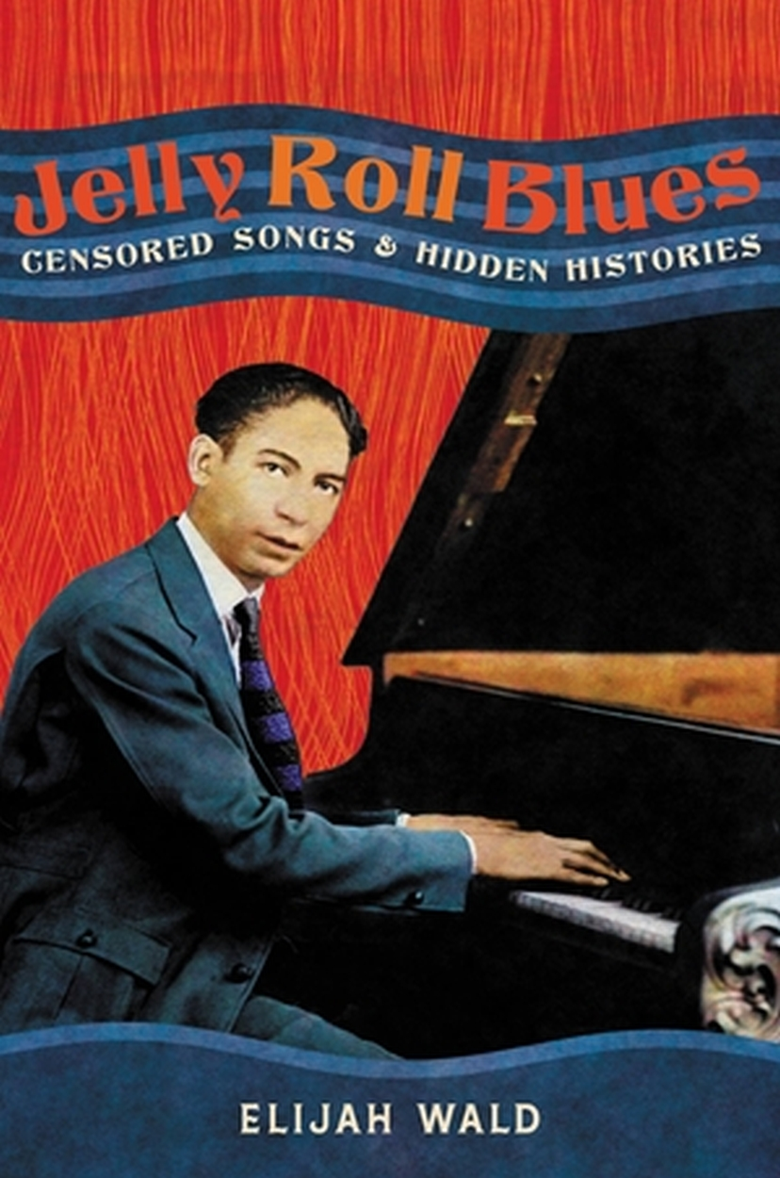Review - Jelly Roll Blues (Elijah Wald)
Garth Cartwright
Thursday, June 13, 2024
A book that provides much to think about alongside a potted, contemporary biography of Morton

Subtitled Censored Songs & Hidden Histories, American music historian Elijah Wald uses long-suppressed recordings Jelly Roll Morton made with Alan Lomax in 1938 for the Library of Congress as a launchpad to investigate what might be called “the filth and the fury” that the pioneers of early jazz and blues were steeped in. The “suppressed” recordings Morton made found him singing graphic sexual content – employing what’s often known as ‘the dozens’: rhyming boasts and insults (yes, a precursor to rap!) that he’d learnt in the bordellos of Storyville. Lomax encouraged Morton to sing such ditties, fascinated as he was by African American vernacular culture; but knew that obscenity laws meant they could not then be made publicly available.
Times change, and when Rounder issued a box-set of these recordings earlier this century, it provided many fascinating insights into life and music in early 20th Century New Orleans. Wald, who as a writer on music always looks for new angles to explore, uses these recordings to investigate how jazz and blues, when performed in black bars by Morton, Buddy Bolden, Kid Ory, Memphis Minnie and others, was often a celebration of prostitution, sexual pleasure and wild abandonment: a freedom beyond the confinement Jim Crow America enforced. While there are many books on early jazz/blues, Wald’s ability to think laterally and research beyond obvious sources means he links what Morton and contemporaries were singing of with other African diaspora communities (in Cuba, Trinidad, Brazil, etc) while noting how certain dirty rhymes reach back to folk ballads the likes of Robert Burns recorded. He also notes that jazz historians have long emphasised instrumental prowess, while tending to ignore the relationship of skilled word play to the divergence of the form – jazz and blues were, he reminds us, once the street music of impoverished African American communities. Jelly Roll Blues is then a book that provides much to think about alongside a potted, contemporary biography of Morton, one of the pivotal figures in early modern American popular music.
This article originally appeared in the July 2024 issue of Jazzwise magazine. Never miss an issue – subscribe today
